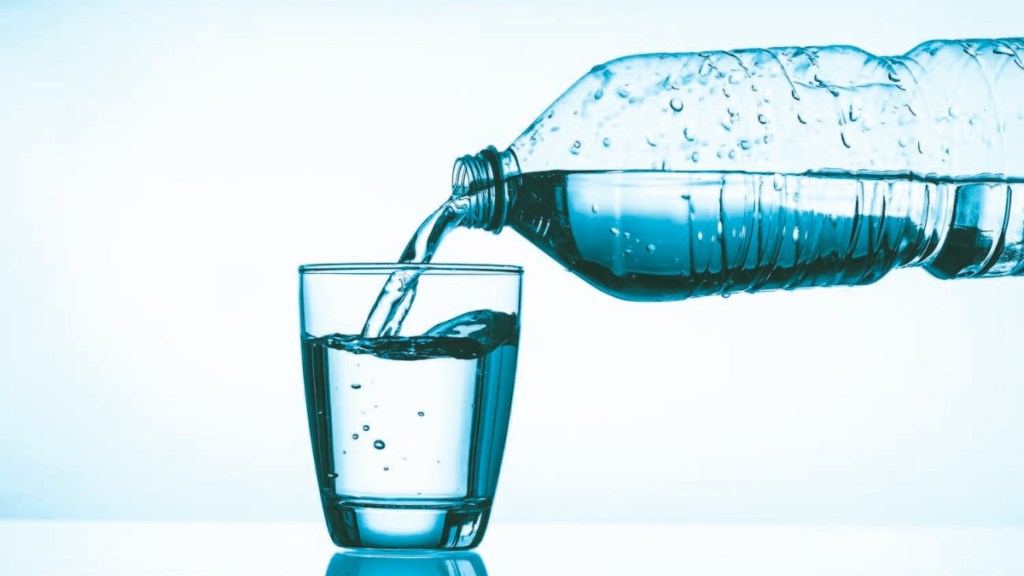Are there any vitamins or supplements one should take during winters? According to Dr Priyanka Rohatgi, chief nutritionist, Apollo Hospitals, New Delhi, vitamin D is particularly crucial during the winter months when sunlight exposure is limited. “Since sunlight is a primary source of vitamin D synthesis in the body, people may experience lower levels during winter. Supplementing with vitamin D can help support bone health, enhance mood, and boost the immune system. The recommended daily intake for most adults is around 600-800 IU, although individual needs may vary based on factors like age, skin colour, and geographic location,” she explains.
Vitamin C is known for its immune-boosting properties. While it doesn’t necessarily prevent colds or flu, it may help reduce the duration and severity of symptoms. This vitamin is found in citrus fruits, strawberries and leafy greens, but during winter, when fresh produce might be less available or consumed less frequently, taking a vitamin C supplement can help support the immune system.
Zinc is another essential nutrient that plays a vital role in immune function and wound healing. It is commonly found in foods like meat, shellfish, nuts and seeds. Zinc supplementation may be beneficial for individuals with low zinc levels or those who have a higher risk of deficiency due to dietary restrictions.
Omega-3 fatty acids, typically found in fish oil supplements, can help reduce inflammation and support overall heart and brain health. Since people may consume fewer omega-3-rich foods like fatty fish during winter, supplementing can be beneficial.
Probiotics contribute to gut health and can strengthen the immune system by promoting the growth of beneficial bacteria. A healthy gut microbiome is crucial for proper immune function. Fermented foods like yoghurt, kefir and sauerkraut contain probiotics, but supplements can also be taken to maintain a healthy balance of gut bacteria.
Is it justified to eat calorie-rich foods in winter, like nuts and desi ghee, etc?
From a medical perspective, the consumption of calorie-rich foods, such as nuts and clarified butter (desi ghee), during winter can be justified and even beneficial for several reasons. Firstly, in colder climates, the body may naturally crave more energy-dense foods to generate heat and maintain body temperature. Calorie-rich foods provide a concentrated source of energy due to their high-fat content. The body utilises fats as a fuel source, and during winter, increased calorie intake from healthy fats can help meet energy demands. Nuts, for instance, are nutrient-dense and contain healthy fats, protein, vitamins and minerals.
Similarly, desi ghee is a staple in many cuisines and cultures. It contains essential fatty acids, fat-soluble vitamins like A, D, E and K, and has been traditionally used for its therapeutic properties in ayurveda. Consuming moderate amounts of desi ghee can aid in maintaining healthy skin, improving digestion and providing a source of sustainable energy.
How much hydration is needed during winter?
Hydration remains critical during the winter months despite the misconception that staying adequately hydrated is less important when it is cold outside. In fact, various factors during winter can contribute to increased dehydration, making it essential to maintain proper fluid intake. The dry, cold air prevalent in many regions during winter can deplete moisture from the body. Cold temperatures prompt the body to constrict blood vessels, reducing blood flow to conserve heat. This process can lead to increased urine production as the body works to maintain temperature and thus may contribute to fluid loss.
Moreover, people tend to consume fewer fluids during winter due to reduced thirst perception caused by the cold weather. In contrast to summer when high temperatures naturally prompt more water intake, individuals may not feel as thirsty in winter, leading to unintentional dehydration. The recommended daily fluid intake varies depending on several factors, including age, sex, activity level and overall health. On average, adults are advised to drink around 8-12 cups of fluids per day. However, during winter, it might be necessary to adjust this intake to account for increased fluid loss through respiration and urination.
What are the basic diet dos and dont’s for winter?
Dos
- Emphasise nutrient-dense foods
- Stay hydrated
- Include healthy fats
- Consume warm, nourishing foods
- Focus on immune-boosting nutrients
Don’ts
- Avoid excessive sugary and processed foods
- Don’t skip meals
- Limit excessive caffeine intake
- Avoid monotonous eating.









